|
There has been plenty of excitement at Jappineh Health Center in recent weeks, following on from the success of the Christmas Big Give campaign.
As we reported last month, the £4,000 raised in that campaign enabled the urgent purchase of new ultrasound screening and laboratory equipment, ensuring quick, cheap and accurate diagnosis, accessible for all the community. Soon afterwards in January, a much-needed replacement ambulance arrived in a container from Germany at Banjul docks, and from there was delivered to the Health Center (having been carefully sourced to ensure as few computerised components as possible, to allow for local maintenance and repair). This purchase had been made possible by a generous legacy from Mel Bixley, who sadly passed away recently. It was a donation from Mel and his wife Dee that enabled the purchase of the old ambulance - licence plate MEL1 - which had recently expired after 20 years of good service. So, it is fitting that the new vehicle carries a MEL2 licence plate. The ambulance has already been repainted and handed over, with Lady Kira and Kemo Bah attending the inauguration ceremony on behalf of the African Oyster Trust. The photos show the village ‘chief’ speaking to a packed house! The Health Center's AGM was also held with a huge attendance from the community. The whole of the Trust's Gambian Management Team attended - among those in the photographs is Fanding, Chairman of the Health Center committee; Ansumana, the Officer in charge; and Sainey Dampha, the auditor. Among the good news is that of the annual medication order - costing D700,000 or £9,000 - about half was covered by funds which the Health Center has managed to accrue once salaries, taxes and other day to day expenses are covered. See below for a gallery of images from the arrival and celebration of the ambulance, plus a film of the event from Gambian television.
And to finish the news from Jappineh for now, we're also delighted to report that Fanding Manjang has completed repainting and carrying out maintenance using his favourite colour scheme throughout!
0 Comments
A huge 'thank you' to all the African Oyster Trust supporters who helped us reach our Christmas Challenge appeal target in record time this year!
During the Big Give Christmas Challenge Week, all donations to our appeal were doubled by our charity champions The Reed Foundation. We set out to reach at least £2,000, and to have that doubled to £4,000, for more diagnostic equipment for Jappineh Health Centre. We were thrilled to reach, and indeed slightly beat, that target. The Health Centre, which treats 500-800 patients and delivers at least 20 babies each month, serves a very poor population of nearly 30,000 people in rural Gambia. Thanks to your generosity, Jappineh can now look forward to a fully functional laboratory on site, which will not only ensure quick, cheap and accurate diagnosis, but also improve our ability to treat common but debilitating and deadlly tropical illnesses such as malaria. A huge and heartfelt 'thank you' from everyone involved with the Trust and the services we support in Gambia. We hope these pictures of the new equipment bought thanks to the Big Give appeal tell the story of your support better than words ever could, and we wish you all a very Happy New Year. The Big Give Christmas Challenge is back for another year, giving AOT supporters a unique chance to boost the impact of their donations. During the Big Big Christmas Challenge Week, any donations made between midday Tuesday 28 November and midday Tuesday 5 December will be doubled by our charity champions The Reed Foundation. To qualify, donations must be made via the Big Give Christmas Challenge website on this link (click to visit, for more details and to make your donation after midday Tuesday 28 November): https://donate.biggive.org/campaign/a056900002RXuPiAAL Our target is to raise at least £2,000 and to have that doubled to £4,000.
We are raising funds for more diagnostic equipment for Jappineh Health Centre. The Health Centre, which treats 500-800 patients and delivers at least 20 babies each month, serves a very poor population of nearly 30,000 people in rural Gambia. At present, seriously ill patients and pregnant women have to travel long distances for routine blood tests. Because of the difficulties and costs of travelling to the nearest lab in Soma, some patients simply can not make the journey until their condition deteriorates to a critical stage. A fully functional laboratory on site will ensure quick, cheap and accurate diagnosis, and improve our ability to treat common but debilitating and deadlly tropical illnesses such as malaria. Please give what you can and support the Trust during the Big Give Christmas Challenge, midday 28 November to midday 5 December. The African Oyster Trust welcomed friends and supporters via Zoom to its 2023 Annual General Meeting on Sunday 1 October. The formal proceedings of the meeting – including the presentation of accounts for the year ending 31st December 2022 – were followed by an update from Lady Kira Dalton and questions on another challenging year in The Gambia. Please click the following links to download the minutes and report:
The African Oyster Trust is delighted to invite friends and supporters to the Annual General Meeting 2023.
This year's meeting will take place at 3pm on Sunday 1st October via Zoom. The formal proceedings of the meeting – including the presentation of accounts for the year ending 31st December 2022 – will be followed by an update from Lady Kira Dalton and any questions on another challenging year in The Gambia. Please email info@africanoystertrust.co.uk by Sunday 24th September to confirm your place. The agenda, papers and Zoom link will then be emailed to you ahead of the meeting. We very much look forward to seeing you online. By Lady Kira Dalton Having met the trustees of the Kambeng Trust many years ago, I had always been impressed by their excellent nursery school which they had built and supported for many years in Bakary Sambouya - a village a few kilometres outside of Brikama. More recently they had added a community clinic. We first met Sue Current, Chair of Kambeng trustees, when she was seeking our advice on running the clinic in a more sustaainable manner. I think they had seen Jappineh Health Center reports on our website and felt we had developed some worthwhile expertise in this area. Following our meeting we agreed that our own Sainey Dampha would make monthly visits in order to help their administrator, Pa Gibba and their Head Nurse to set up a suitable charging and reporting system similar to the one we used. As with Wellingara , the Kambeng Trustees had set a date for winding up their charity of 2021. That gave several years during which the school managed to accrue a modest bank balance by saving the fees and the proceeds from sales of vegetables from their school garden - surplus to their own needs for school meals. The clinic however, had several changes of staff and never did quite manage to introduce the modest fees we had all agreed were going to be necessary to secure their future. Then, of course, there were the years of Covid which brought reduced donations and made it impossible for their trustees to visit. They decided they would be closing the charity in early 2021. Sue approached me in November 2020 asking whether AOT would perhaps be willing to take over. Not wishing to take on too much (having recently absorbed Makumbaya Nursery and Wellingara Health Centre) we came to an agreement with Gambia School Support, our sister charity with whom we share our Gambian Management Team, that they would adopt the school while we would take on the clinic. Very quickly GSS sprang into action funding some necessary roof repairs and other renovations, as well as being able to provide a bit more topping up for the teacher's salaries. Meanwhile, we held a series of meetings with the community to familiarise them with how things were going to work going forward. At one of these we were able to distribute emergency Ramadan food supplies using some of the funds Kambeng had raised for Covid emergency relief. We were also able to repair roofs blown off by a storm for a disabled woman and a blind man near the clinic.
We also patiently explained that if medicaments continued to be given out for free, then their clinic would not last a year… It has taken a while for this last message to percolate through to all villagers and indeed to all staff - who had grown accustomed to treating friends, family and various local dignitaries free of charge! Reality struck when they realised there would not be enough in their bank account to pay salaries past May. Now the clinic has turned a corner and is endeavouring to make sure they always have sufficient funds to not only pay the salaries and purchase consumables plus top up medicines, but also a few months extra. Much of the credit must go to Head Nurse Sylvester Sambou and Administrator Pa Gibba and the excellent team they have working at the clinic. In 2016 we were approached by a UK charity called 1-3, requesting our assistance and advice. They had seen on our website that we were running a number or schools and a health centre. Their trustees were getting older and had been unable to visit Gambia for some years. Although they had given five year's notice to the Gambian Partner Charity called CIS (Community Initiative Support) to prepare to become more self-sufficient, there had been little or no progress. If anything, the numbers of employees for which they expected to receive monthly funding had increased, as had their requests for more money for repairs solar batteries, fans, lab equipment etc. Our trustees had several meetings with 1-3’s trustees, two of whom made a final visit to Gambia in 2018 which included a visit to see how the Jappineh Health Centre was being managed. At that point, they decided to wind up 1-3 and hand over their projects and residual funds to the African Oyster Trust. We had already identified that we would not be able to engage with their school under its current head teacher, so some final maintenance was carried out and the relationship ended. At the health centre, it was equally clear that quite a lot of the previous funds had been misappropriated, leaving a bank balance of just D2,000 – this after almost ten years of operation! In addition, the previous administrator had vanished altogether, taking with him an ambulance which had been donated to them by a Dutch charity. We quickly appointed Buba Dampha as the new administrator and we immediately made nine staff redundant – many of them surplus cleaners and unspecified hangers on! We were fortunate enough to recruit Dembo Njie, a very skilled and experienced SRN and excellent manager, to be in charge. The one other remaining part time nurse/midwife was kept as were the lab technician and watchman plus just two of the cleaners. Obviously the ambulance driver was made redundant since the ambulance never was found. Three of the staff turned up in the UK and one in Turkey. The cost of their airfares would definitely go some way to explaining the cash shortfall. From the first half year that Dembo Njie was in charge, the clinic was completely transformed. In their first full year they took over D700,000 dalasis – enough to pay the remaining staff and have enough left over to fund half of the medicines required for the following year. A commendable effort by everyone! During a visit by then-AOT trustee Dee Bixley, we found an old ambulance at a local garage which we were able to purchase with funds Dee has raised from a UK Foundation and have it refurbished ready to use. A new driver was recruited, meaning we are once again able to do deliveries and urgent referals to Fajikunda safely. A recurring problem has been that due to the previous regime doing everything on the cheap – presumably so they could pocket the difference from the huge sums 1-3 was sending them – so we inherited a series of maintenance issues. The most serious of these was the electrical installation.
The health centre has both solar and NAWEC (mains cash meter power). From the start we noticed that solar batteries were not lasting nearly as long as they should and that the use of cache power was much higher than expected. Several engineers came to look and each first suggested buying new batteries or charge controllers – each costing upwards of D15,000. We finally found a highly recommended electrical engineer who thoroughly inspected the wiring. What he found was quite shocking and potentially lethal! The solar and mains bare wires were all lying on top of each other – entangled like spaghetti – on the wooden ceiling! An obvious major fire hazard – especially with rainy season approaching. None of the wiring was in conduit. Many of the light fixtures were hanging from bare wires. The one area which did have conduit, the outdoor waiting area, it was broken and in bad shape. Most of the circuit breakers had blown or been disabled. Obviously the system was often shorting out which was the reason for the solar batteries being blown (very costly at D15,000 each – those last 5 to 6 years each at Jappineh, for example). Through a combination of fundraising in the 2021 Big Give campaign - thank you everybody who donated - and a generous contribution from the German NGO - known in English as Electricians without Borders - both the solar and mains electricity is now fully functional. Wellingara continues to thrive under the skillful management of Dembo Njie assisted by Buba Dampha. This year their turnover will be in the region of D1 million. Enough to pay all of their own staff and to make a substantial contribution to their cost of replacing medication. We will continue to help with the additional medicines purchasing and ambulance running costs for the forseeable future. This Christmas we are working with Gambia School Support to raise £14,000 to provide a meal for 1,400 nursery age pupils every school day for a year. Brilliantly, we have found supporters who will MATCH FUND every donation you make, to help us reach this target. CLICK HERE TO DONATE on our supporter page, or scroll on to read more. Each bowl of porridge costs just 5p, or £10 per pupil per year. This nutritious ‘porridge’ recipe contains rice/couscous/cornmeal, banana, peanut, and milk powder.
This programme has so many benefits and positive outcomes:
Please give what you can today, by following the instructions on our Donation page at www.africanoystertrust.co.uk/support-us And please contact AOT trustee Josh Dale-Harris on daleharrisj@gmail.com with any questions you might have about this important fundraising initiative. This gallery of pictures shows just a few moments from the hundreds which Kira and the team capture every year on our nursery education projects around The Gambia. The 17th Annual General Meeting of the African Oyster Trust was held on Sunday 16th October. Bringing friends, supporters and trustees together by Zoom, the formal proceedings of the AGM were followed by an update from Lady Kira Dalton on developments at the charity and in Gambia over the last 12 months. Click below to download and read the minutes of the AGM, and Kira's report to the meeting.
|
News DiaryThe News Diary is a regular account of all that is happening at The African Oyster Trust. Please pop back for regular updates, follow us on Twitter or sign up for our RSS feed to have the latest news sent straight to your computer! AuthorsThe news diary is written by a number of people close to the work of the African Oyster Trust, including founder James Holden, his co-directors, trustees and volunteers. Archives
October 2023
Categories
All
|
||||||||||||||||||||||||

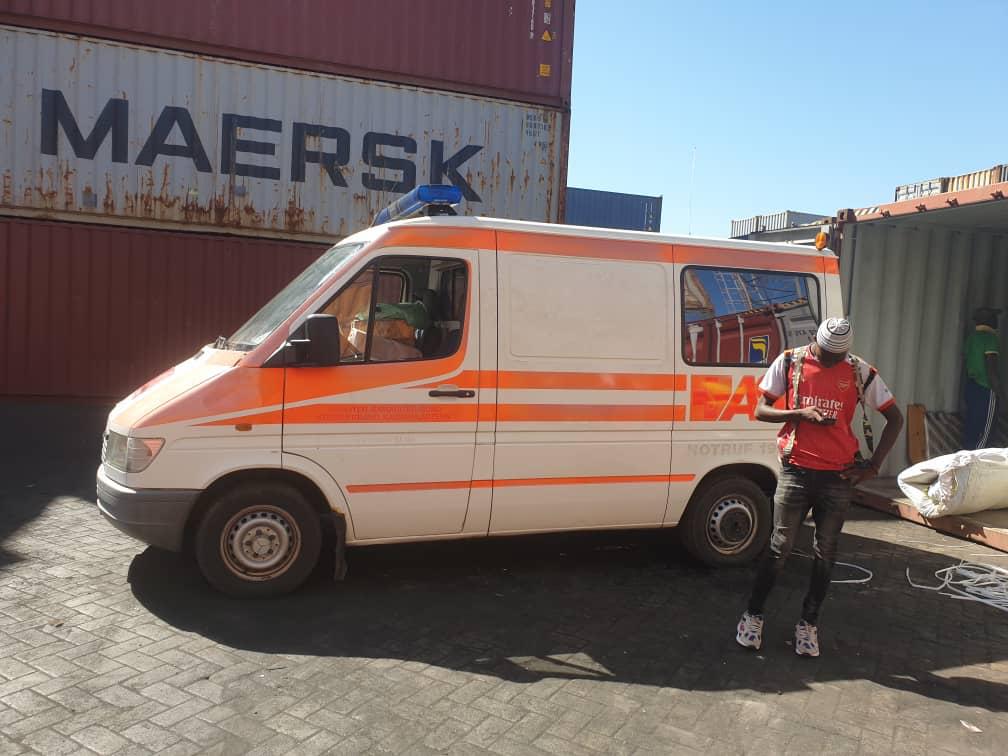
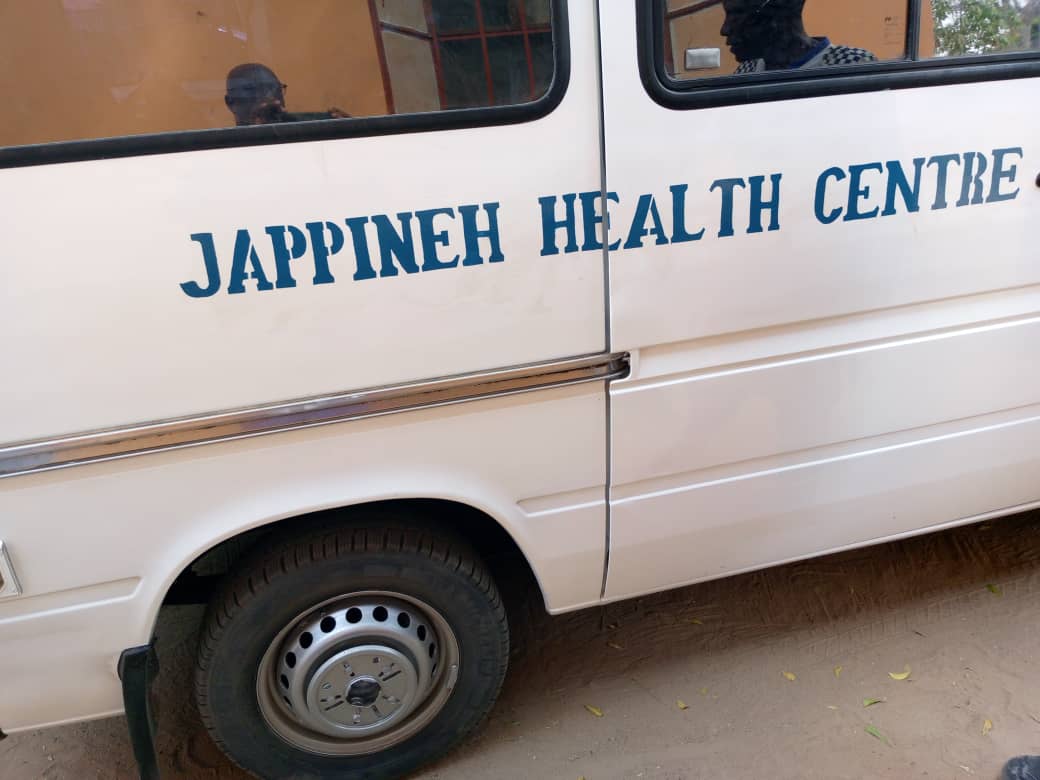
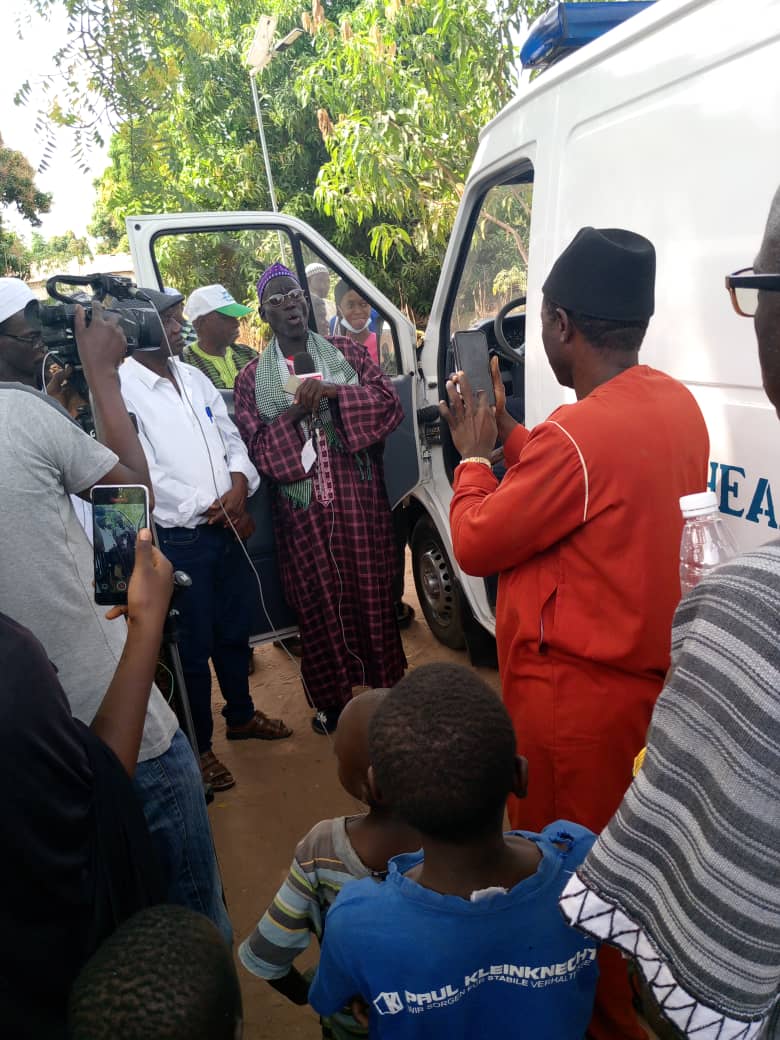

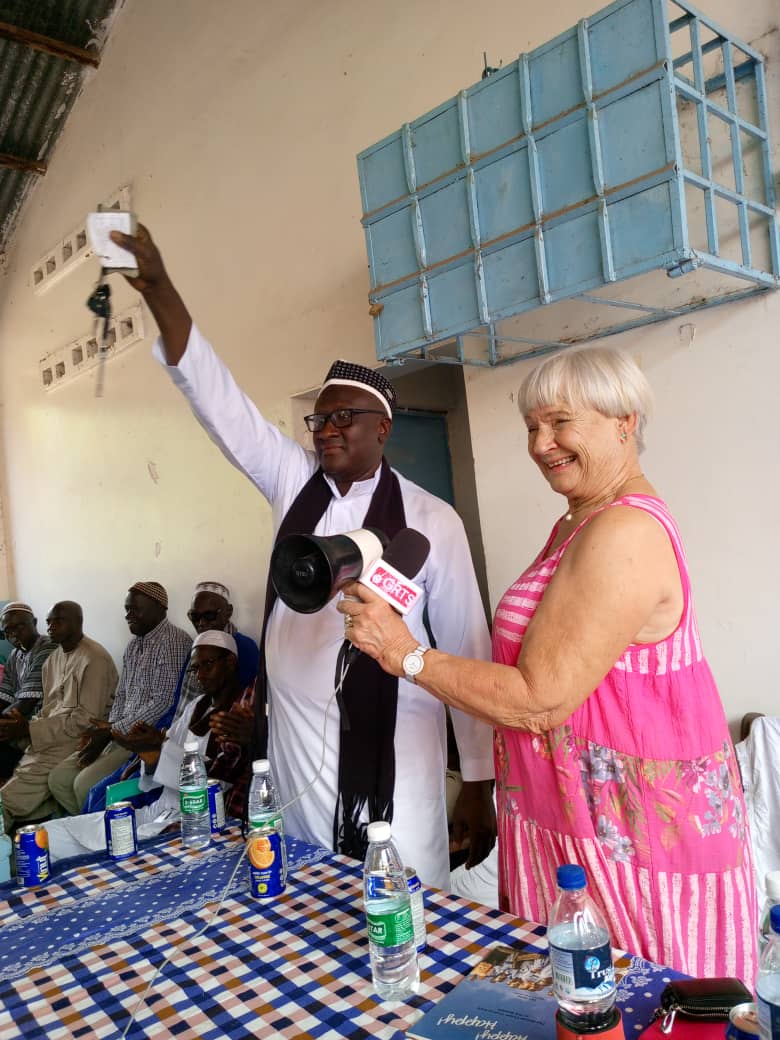
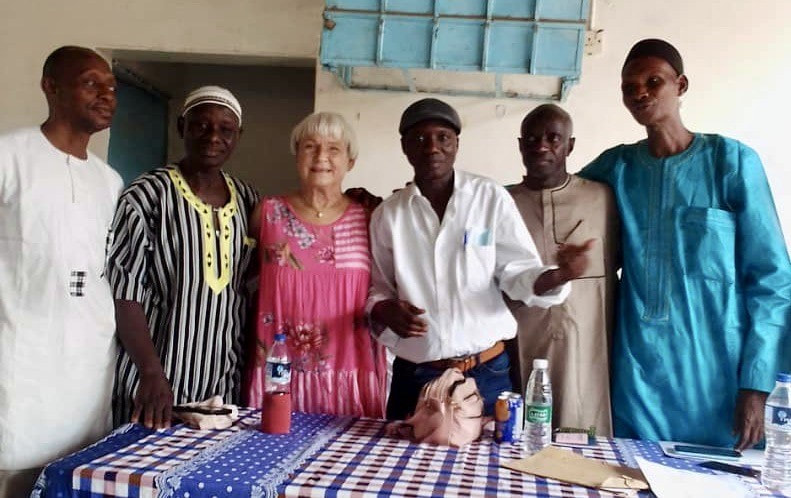
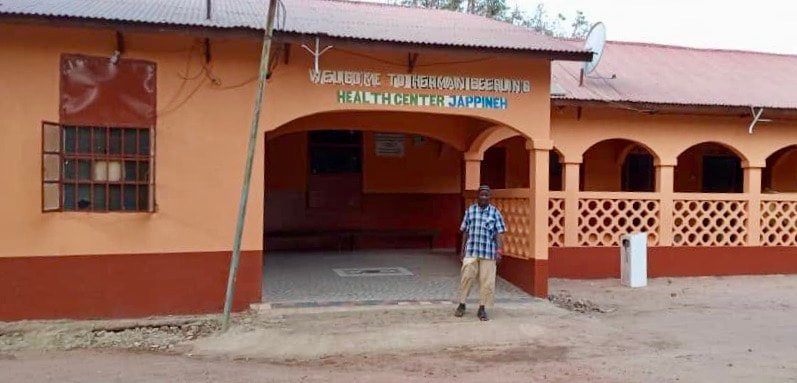
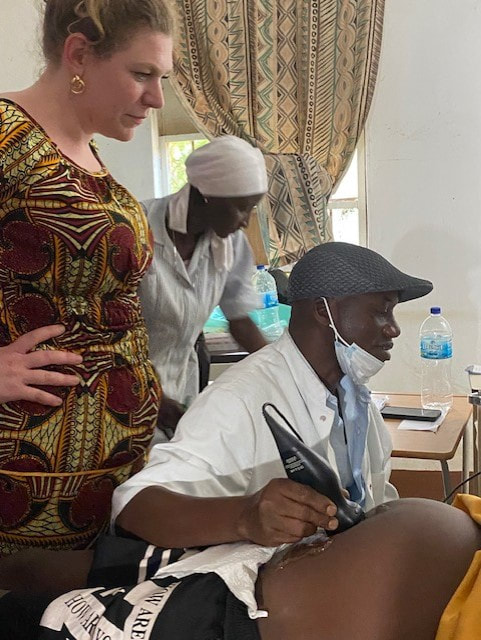
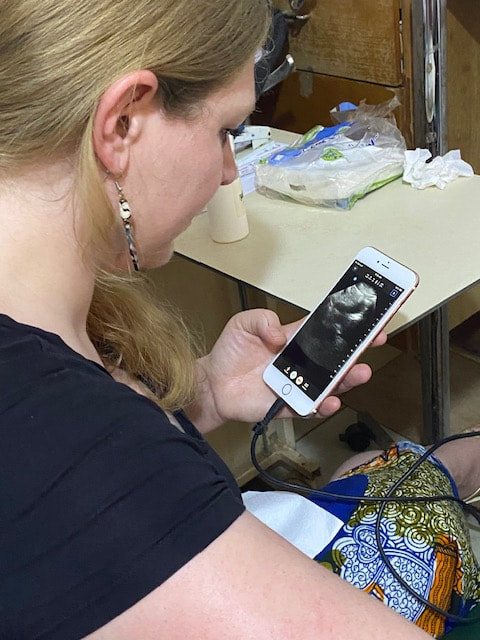
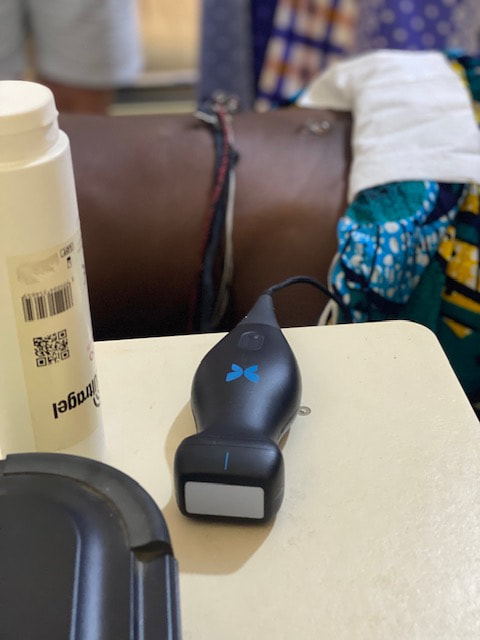
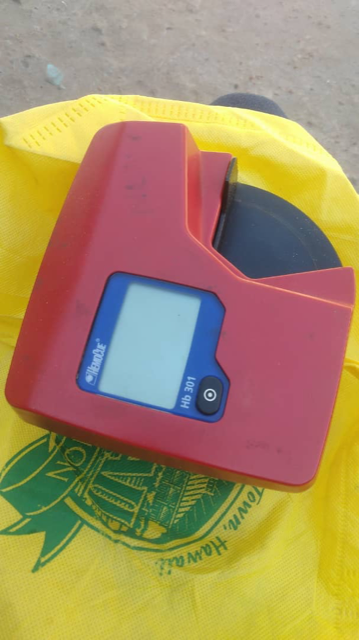
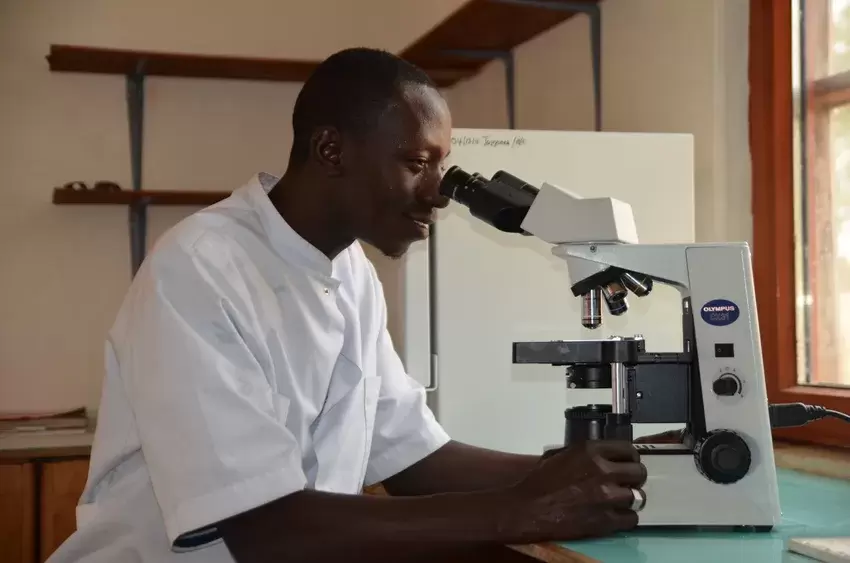
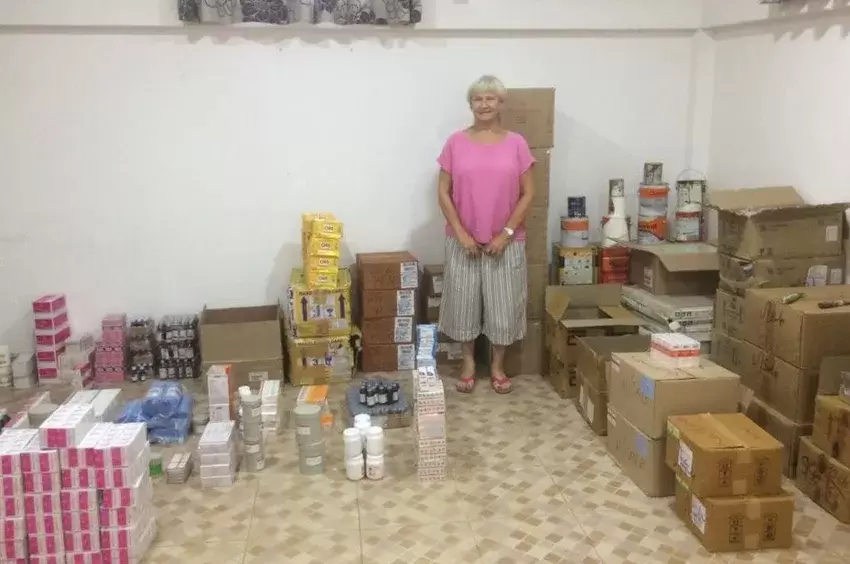
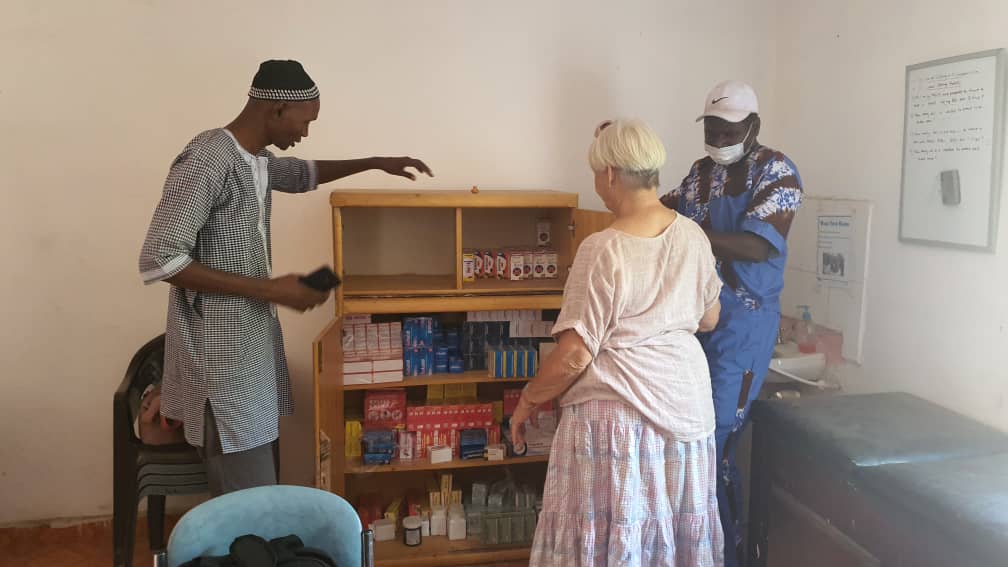
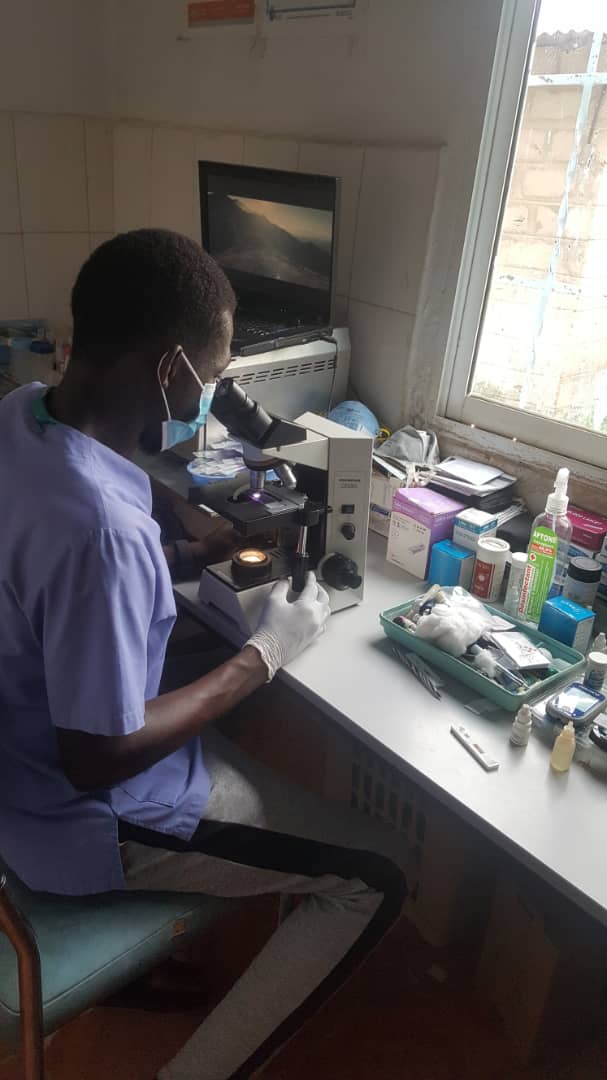
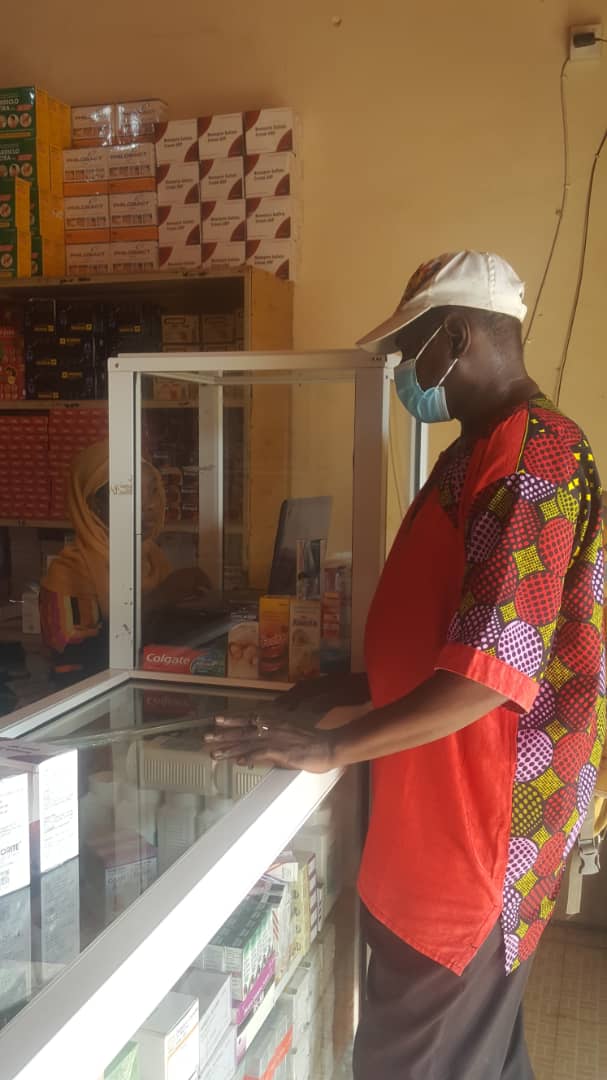
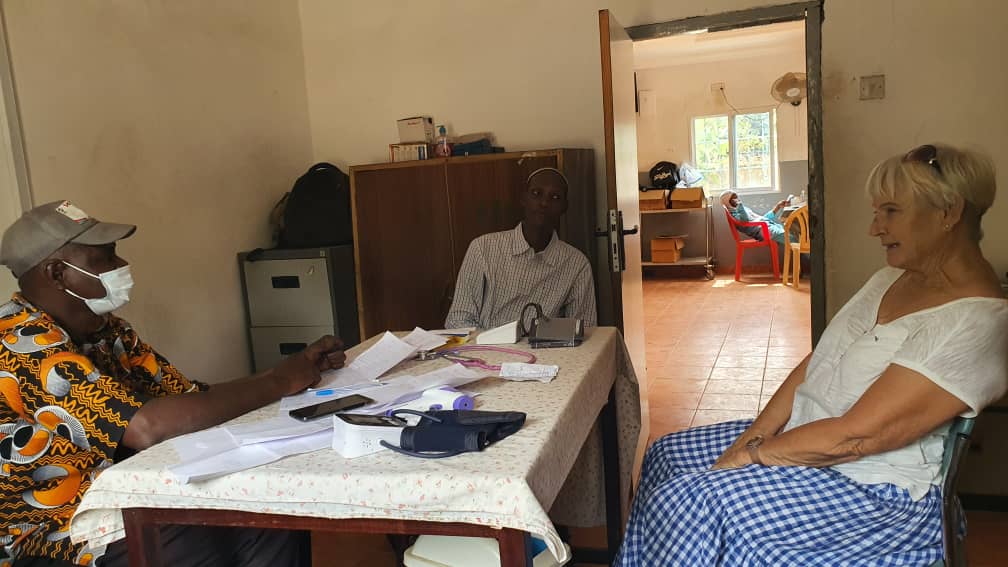
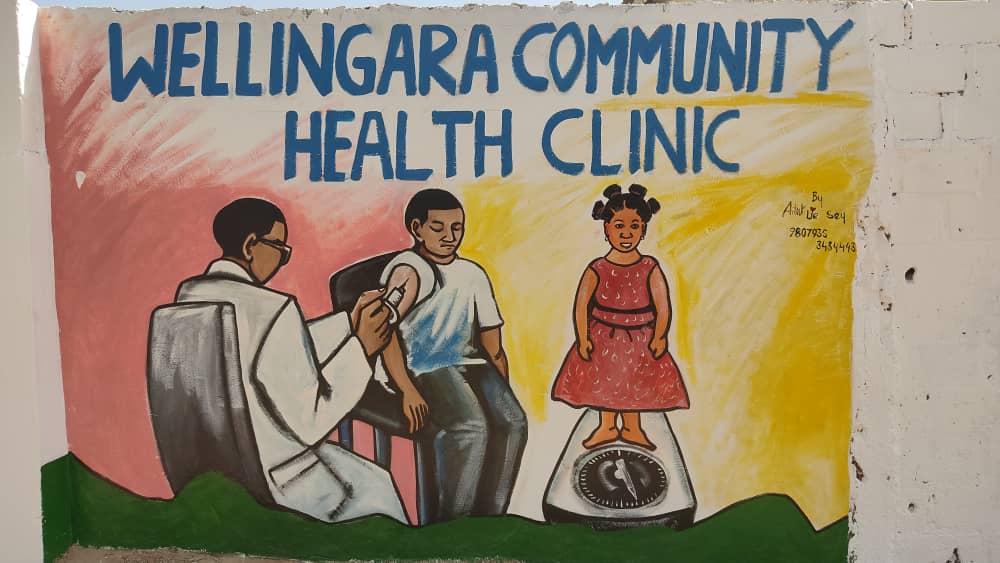
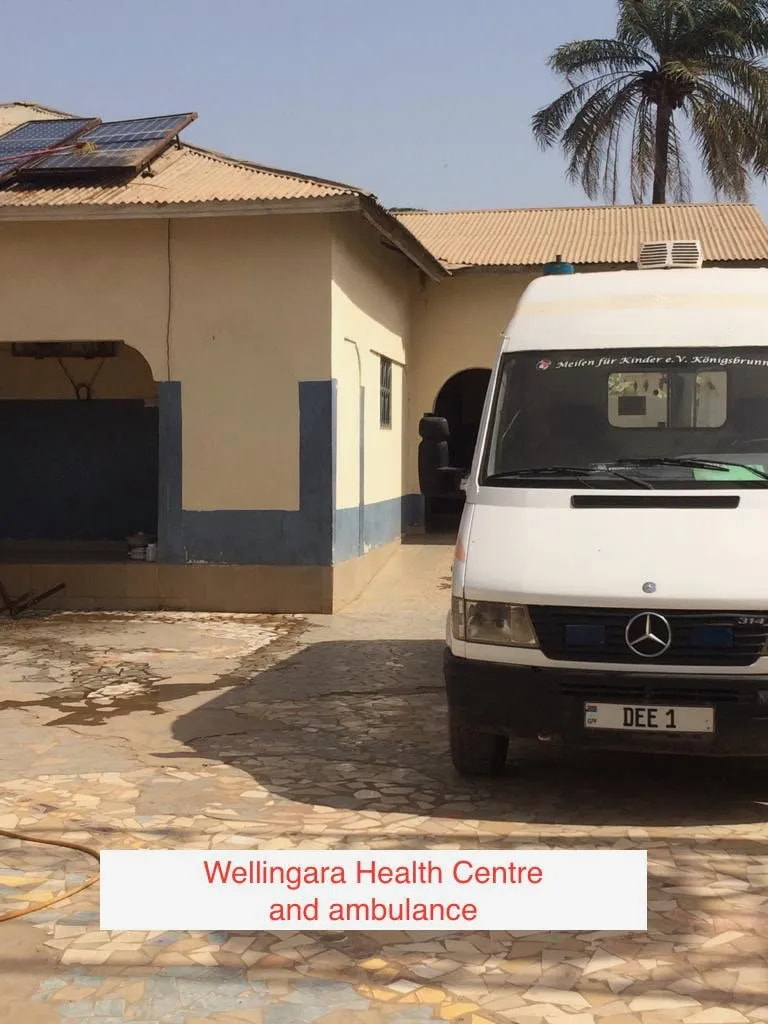

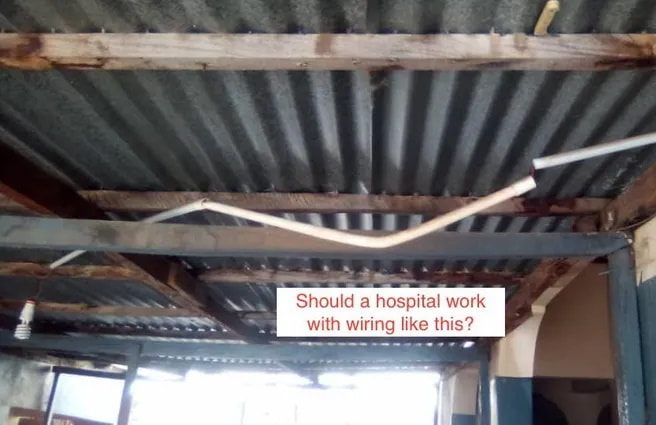
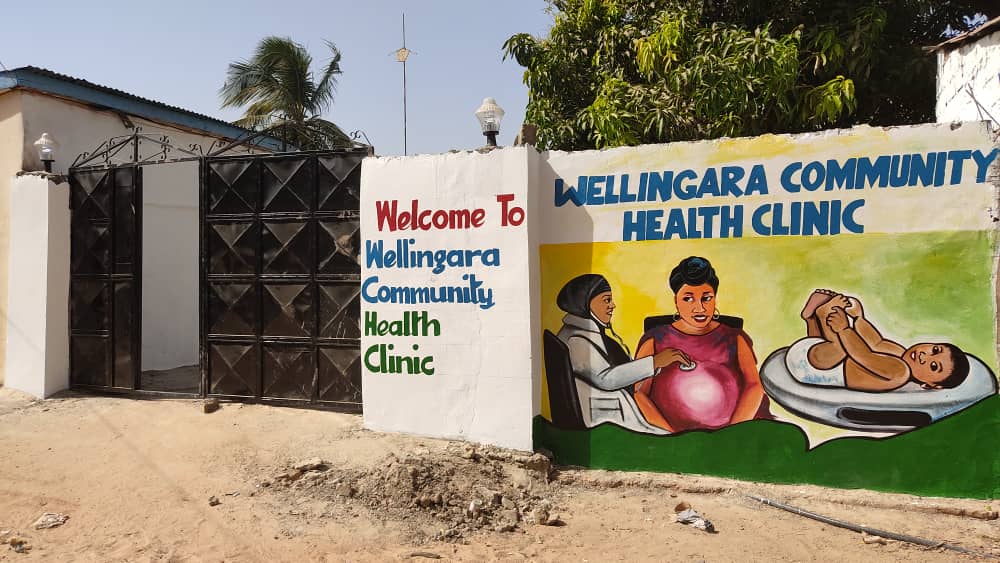
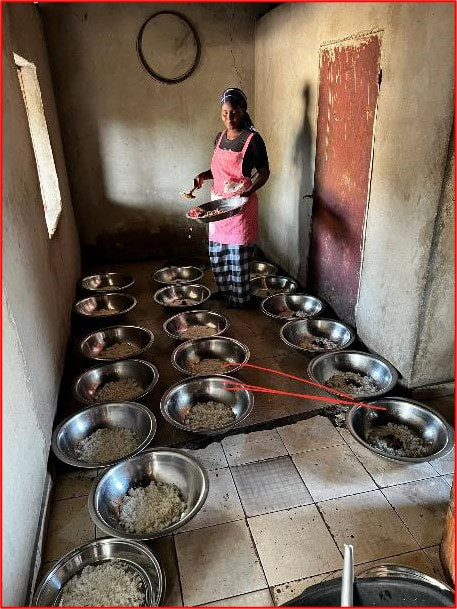
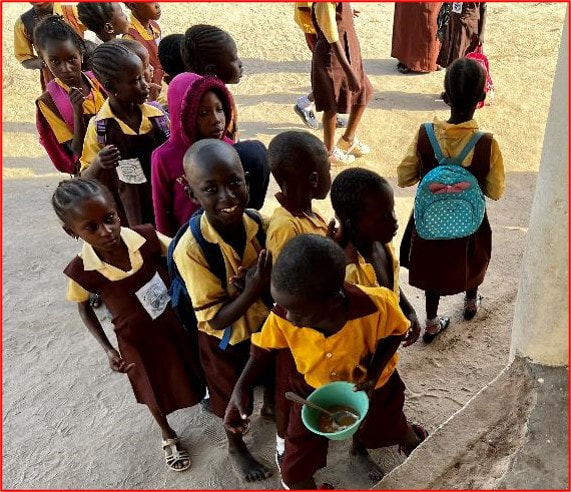
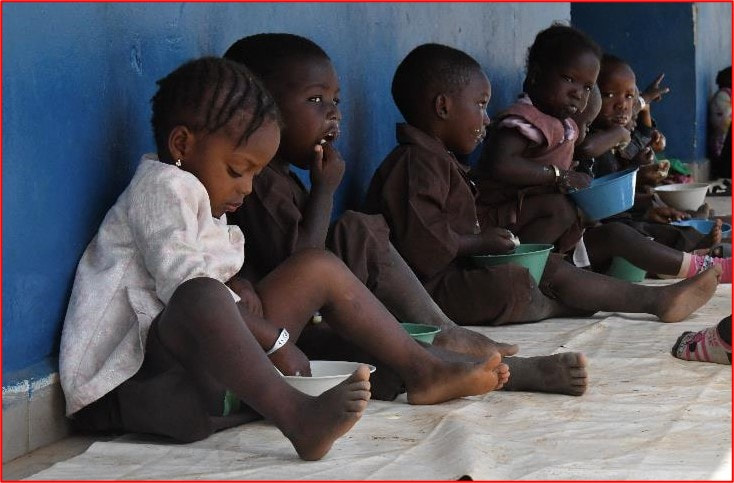
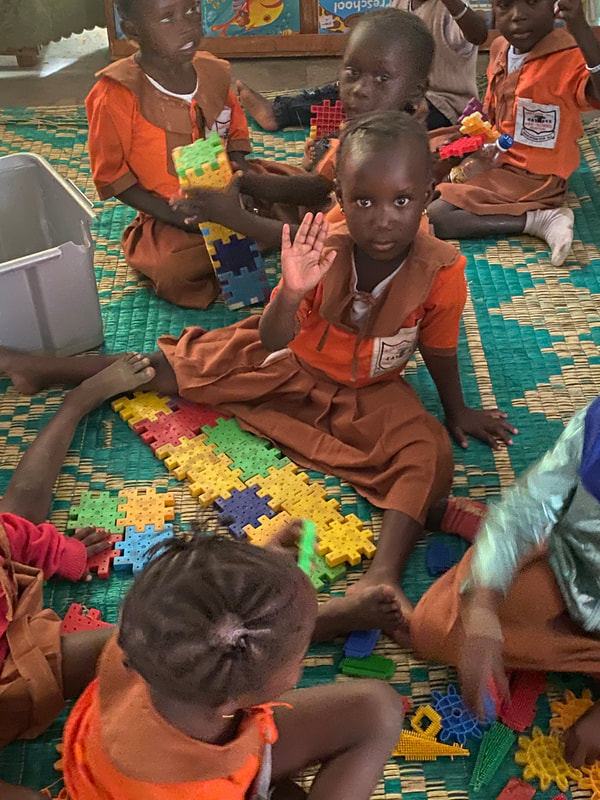
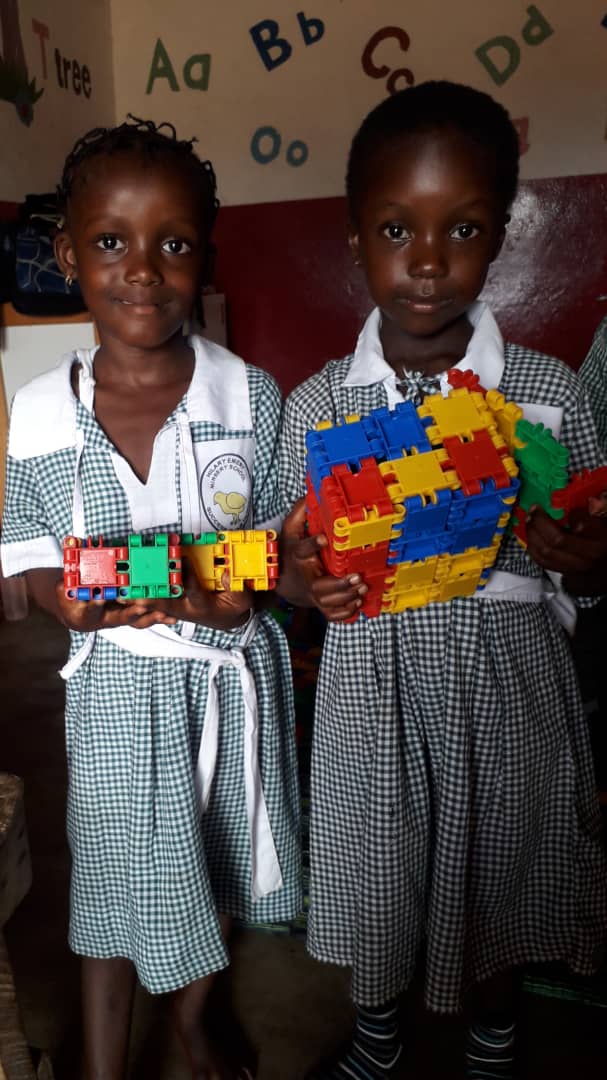
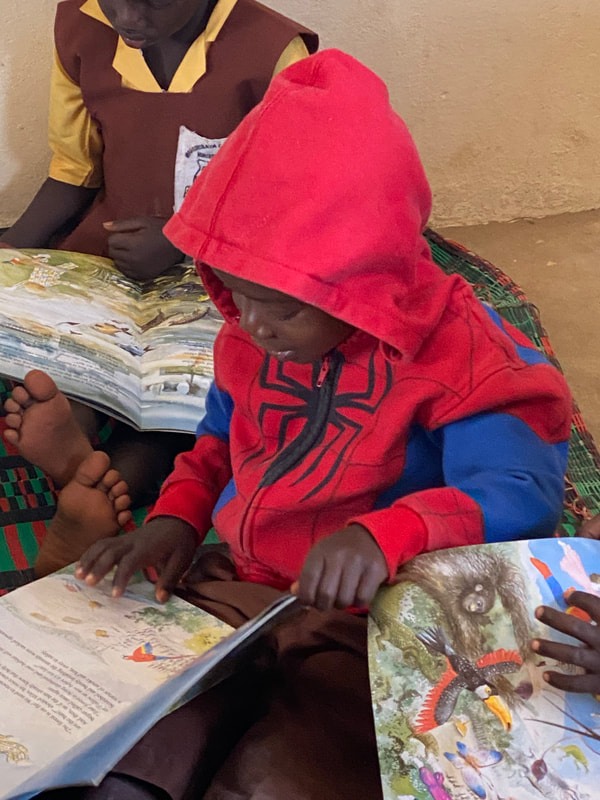
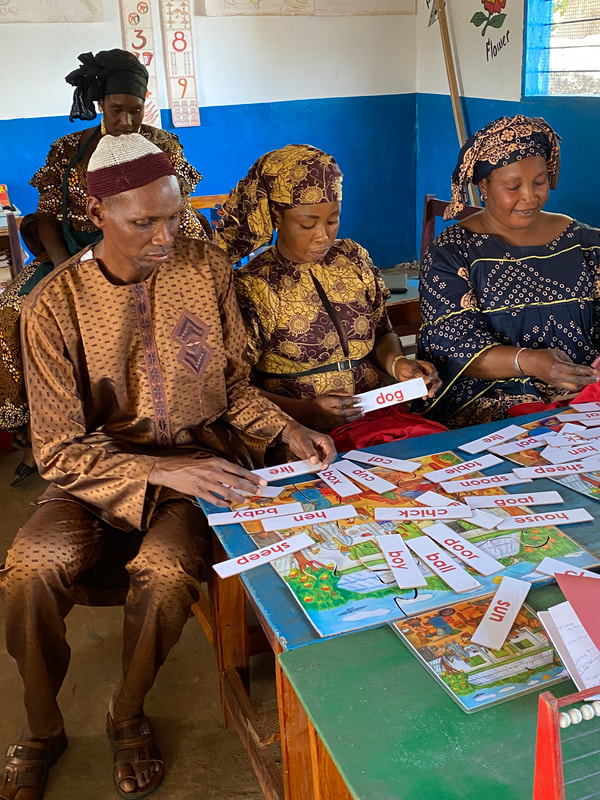
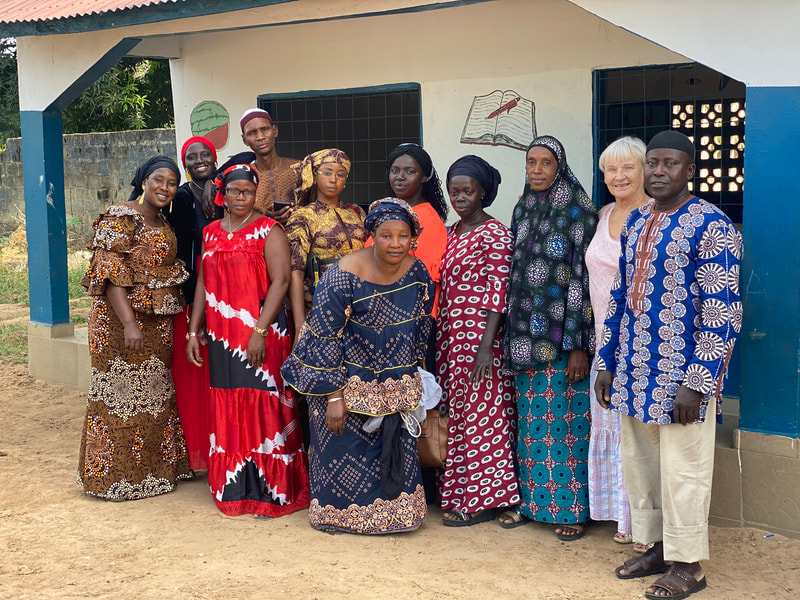
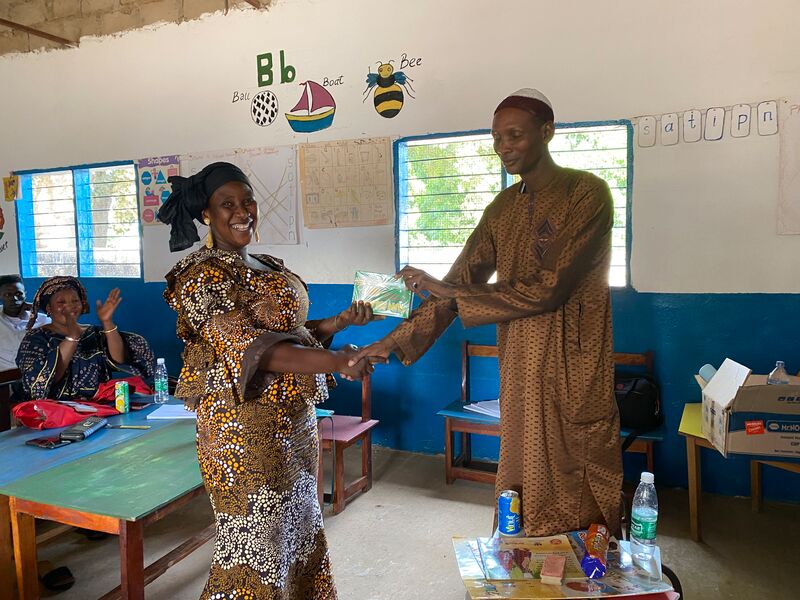
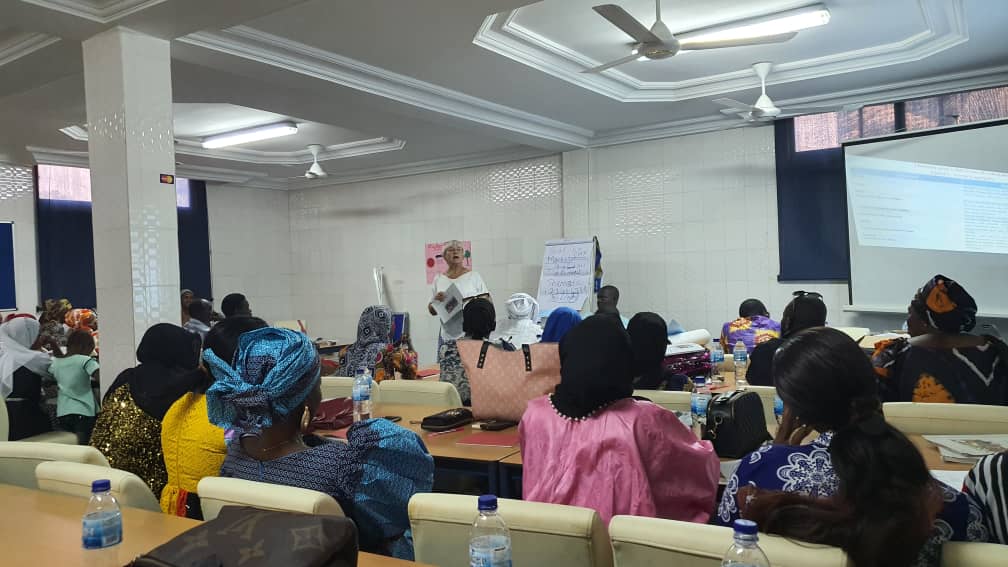
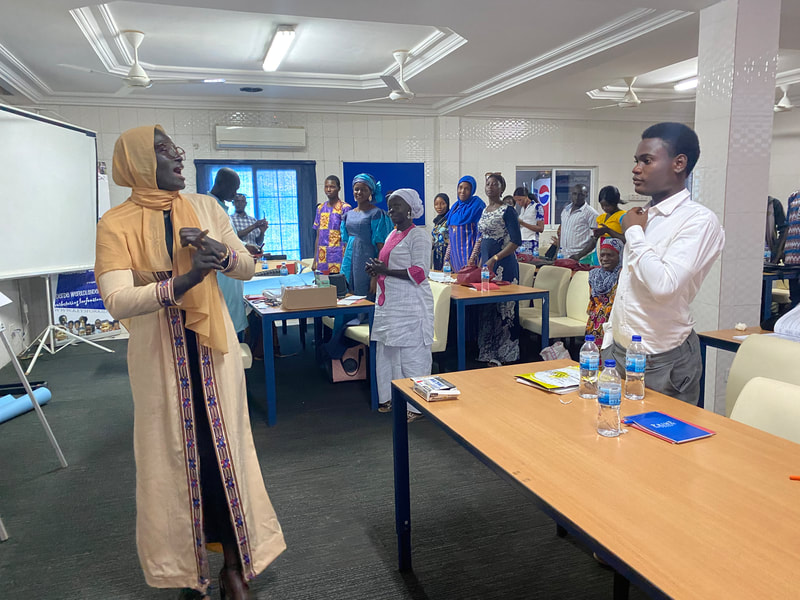
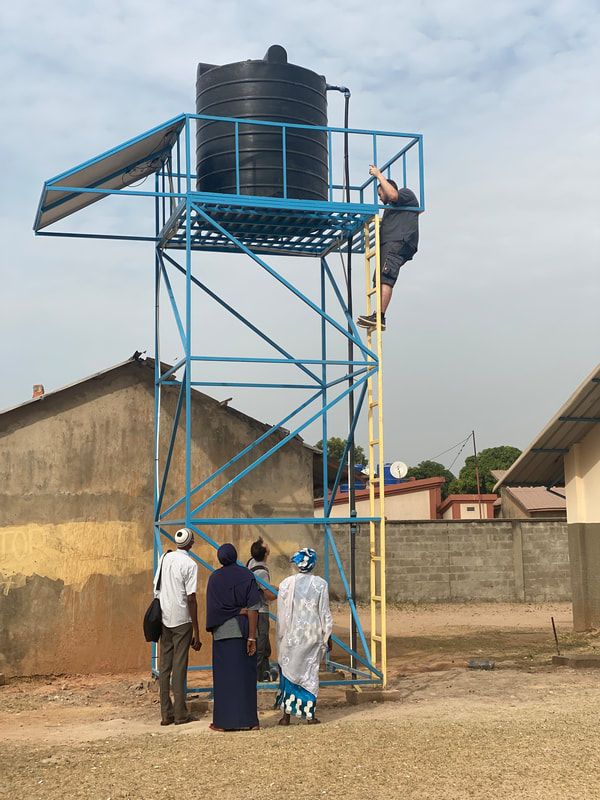
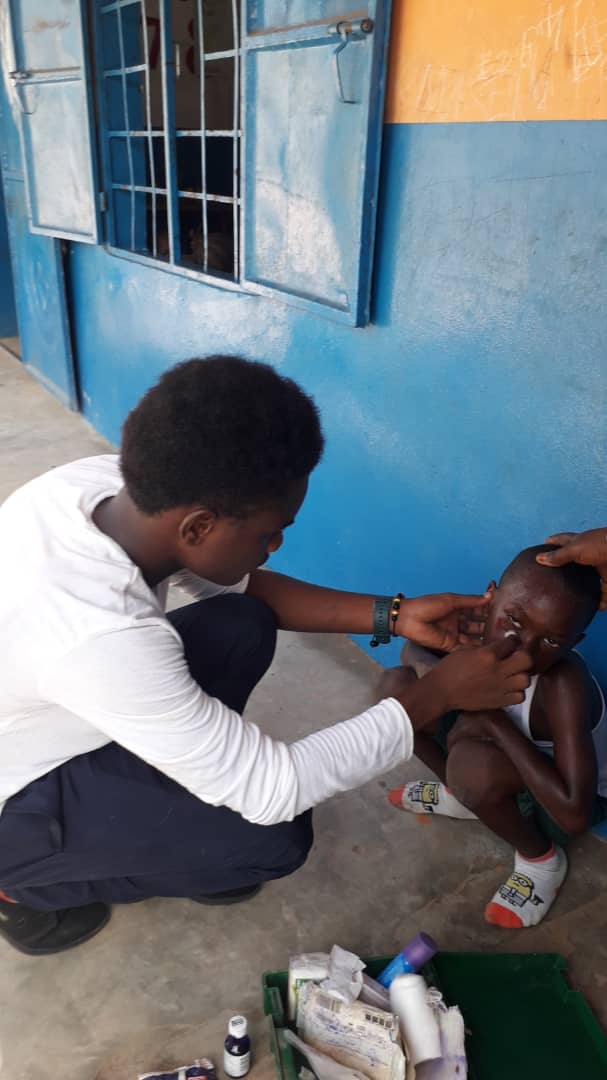
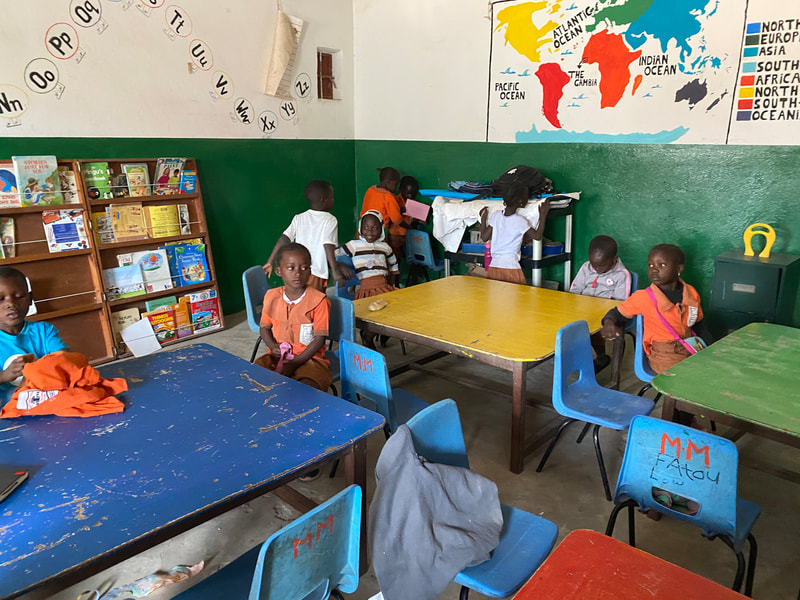
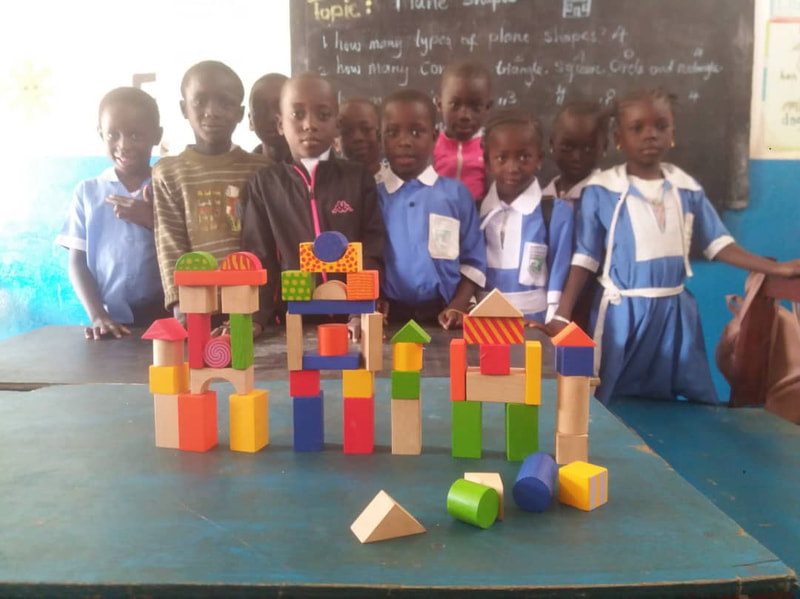
 RSS Feed
RSS Feed